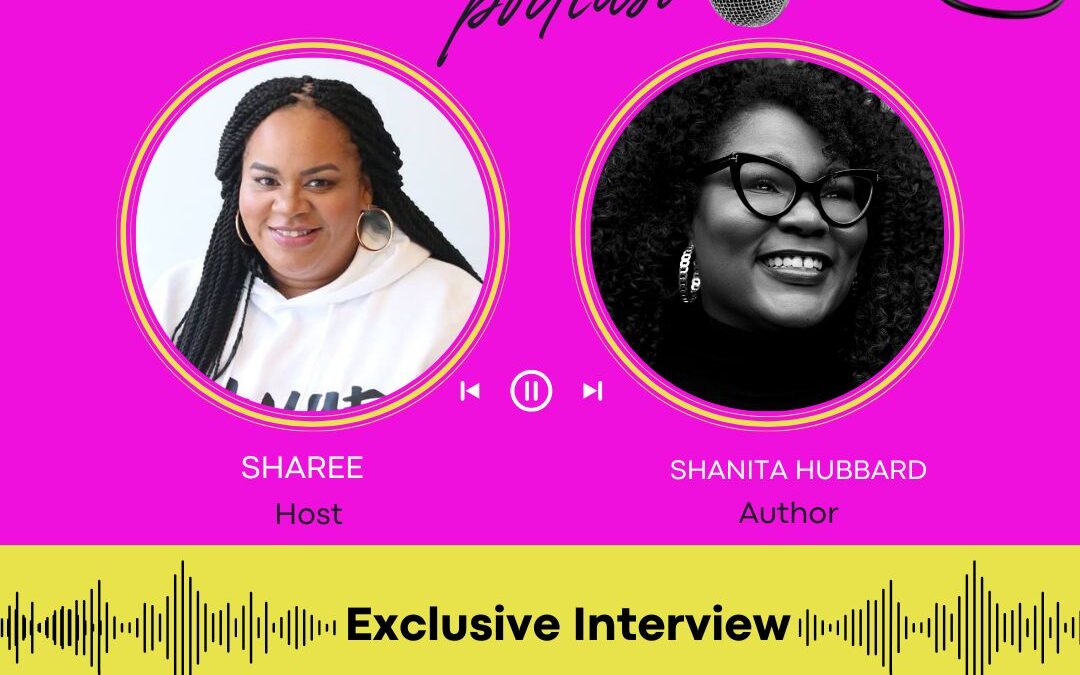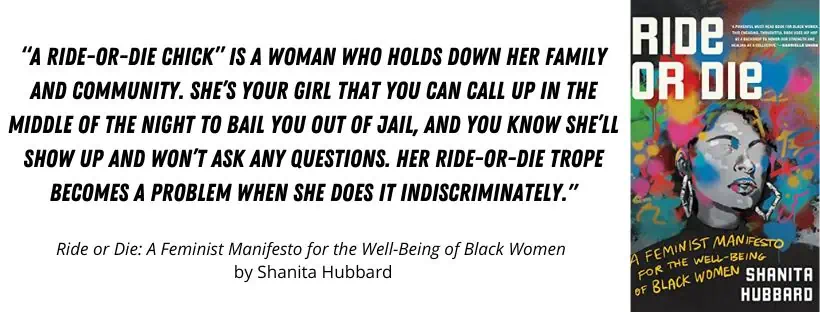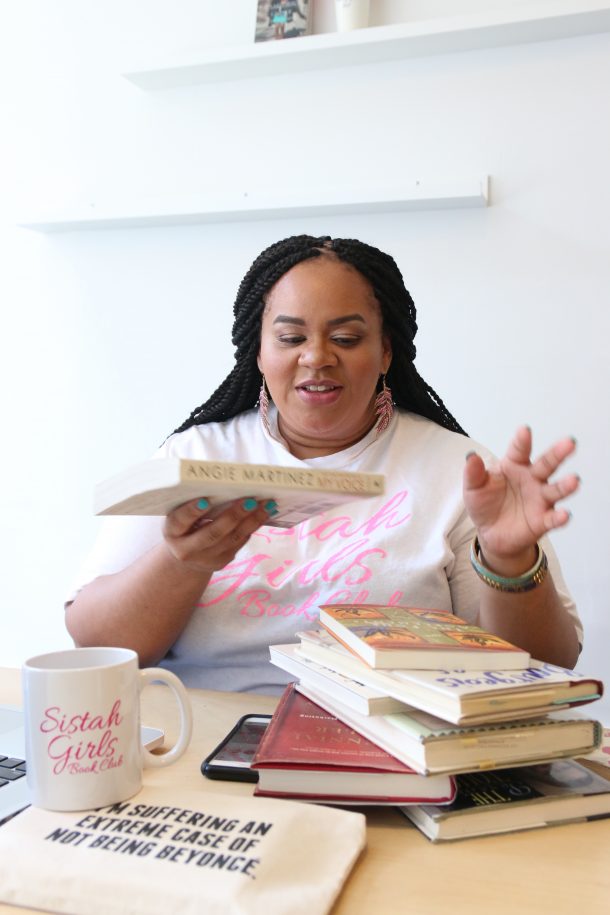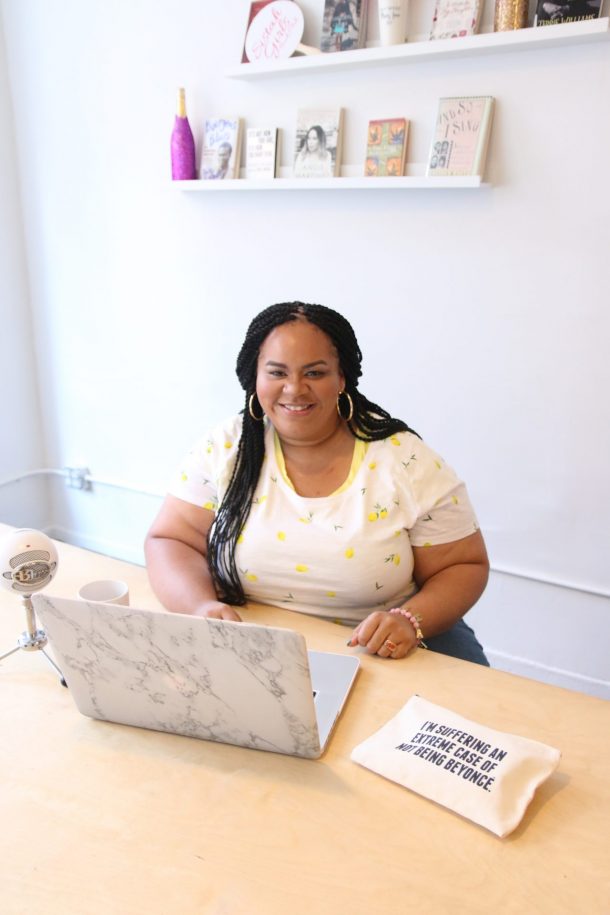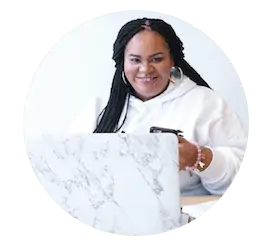A Conversation With Shanita Hubbard
Shanita Hubbard is an acclaimed writer, she has been featured in The New York Times, Essence, Fusion, EBONY magazine, and many more.
She’s also a journalism instructor at the University of Toronto, chair of the Freelance Taskforce for the National Association of Black Journalists (NABJ), Soros Fellow, and author of the book RIDE OR DIE: A Feminist Manifesto for the Well-Being of Black Women.
When I first read the synopsis for RIDE OR DIE: A Feminist Manifesto for the Well-Being of Black Women I knew it was going to be a page-turner but I did not bank on Hubbard snatching my edges.
In the beginning, I read the book and felt like a victim; I was yelling from the mountaintops that these stories and scenarios had happened to me.
I had the lived experience of growing up in the hood (East New York to be exact) going away to college and having that sense of pride in being educated; while simultaneously being around other Black college students who didn’t grow up in the hood and hearing first-hand how they felt about us poor Blacks.
It was easy to relate to the stories where I was the victim and then things took a turn–I hadn’t expected to be the villain.
For every Ride or Die trope that Hubbard listed, it became clear rather quickly that I was being called in as well. There were a few times (especially during my college years) when I viewed another Black woman as “the other.”
I aspired to be the Black woman that was the hardest worker in the room. I told other Black women in my circle that they would “be aight,” when they expressed their mental and physical exhaustion. “You got this,” was often the words of encouragement I believed would get them to the finish line.
I never once questioned why the finish line kept moving. I never questioned why Black women had to be all things to everyone at all times. And I certainly never believed it was harmful, because I viewed the Ride or Die Chick as a badge of honor that most Black women wore proudly.
Using Hip-Hop as the soundtrack and her own lived experiences to set the stage, Hubbard tapped into the psyche of the Ride of Die chick and questioned who benefits most from having her around.
She also wants us to consider a world in which Black women are no longer defined by how much we can endure or by how many finish lines we cross.
I got the chance to have a very open and thoughtful conversation with Hubbard and it was glorious. You can watch and listen to the interview below…
